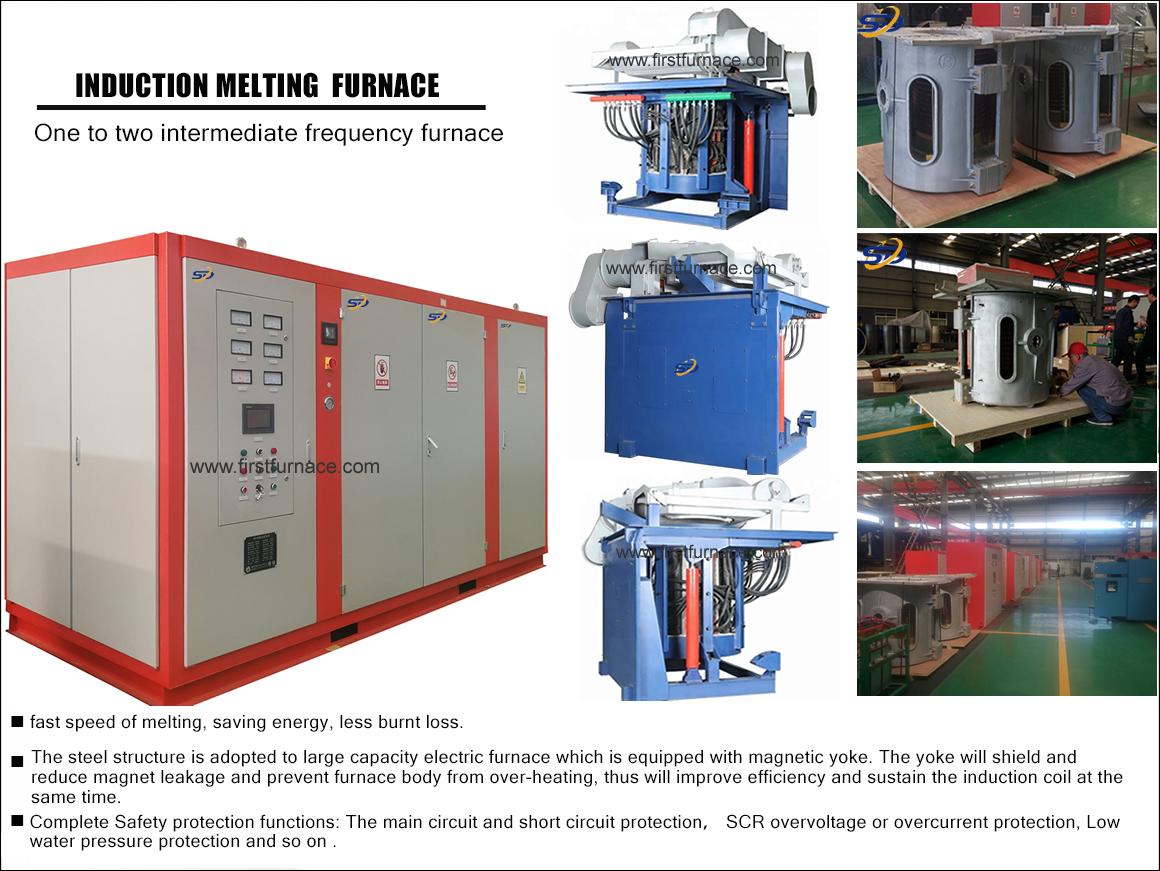Sales hot line ( 24 hours service):+86 13015583380
E-Mail: firstfurnace@gmail.com
whatsapp:+86 13015583380
Adress: Luoxin Industrial Park, Luoyang, HenanLarge diameter steel pipe quen
Piston rod quenching and tempe
Grinding rod quenching and tem
High frequency induction heate
Quenching equipment for machin
Round steel end heating furnac
Steel pipe heat treatment prod
Square steel quenching and tem
Sucker rod quenching and tempe
Thickened petroleum steel pipe
Round steel quenching and temp
Steel pipe quenching and tempe
Steel plate quenching and temp
Induction Hardening Machine&nb
Flywheel ring gear high freque
Induction melting furnace maintenance fault repair method
Induction melting furnace maintenance 1: The induction melting furnace is operating normally, but burns more KP thyristors and fast melts during normal overcurrent protection. Analysis and processing:
In the event of overcurrent protection, in order to release the energy of the smoothing reactor to the grid, the rectifier bridge is switched from the rectified state to the inverting state. If α>120 degrees, it is possible to cause active inverter subversion and burn more thyristors and Fast-melting, switch tripping, accompanied by a huge current short-circuit explosion sound, causing large current and electromagnetic force impact on the transformer, and severely damage the transformer.
Induction melting furnace maintenance 2:
The induction melting furnace is operating normally, but the induction melting furnace is unstable near a certain point in the high voltage zone, the DC voltmeter is shaking, and the induction melting furnace is accompanied by a squeaking sound. This situation is very likely to cause the inverter bridge to subvert and burn the thyristor.
Analytical processing: This kind of fault is difficult to eliminate, and it often occurs in a high-voltage ignition of a certain part of the induction melting furnace:
(1) The loose copper wire of the connecting copper wire joint causes the fire;
(2) oxidation of the main joint of the circuit breaker causes ignition;
(3) The compensation capacitor wiring pile screw is loose, causing sparking, and the internal resistance of the compensation capacitor is absorbed and ignited;
(4) The insulated part of the water-cooled radiator is too dirty or carbonized to ignite the ground;
(5) The induction coil of the furnace body is fired on the furnace shell/furnace bottom plate, and the induction coils of the furnace body are too close to each other, and the ignition or arcing occurs between the turns. The insulating column of the induction furnace induction coil is fired by high temperature carbonization discharge.
(6) The inside of the thyristor is ignited.
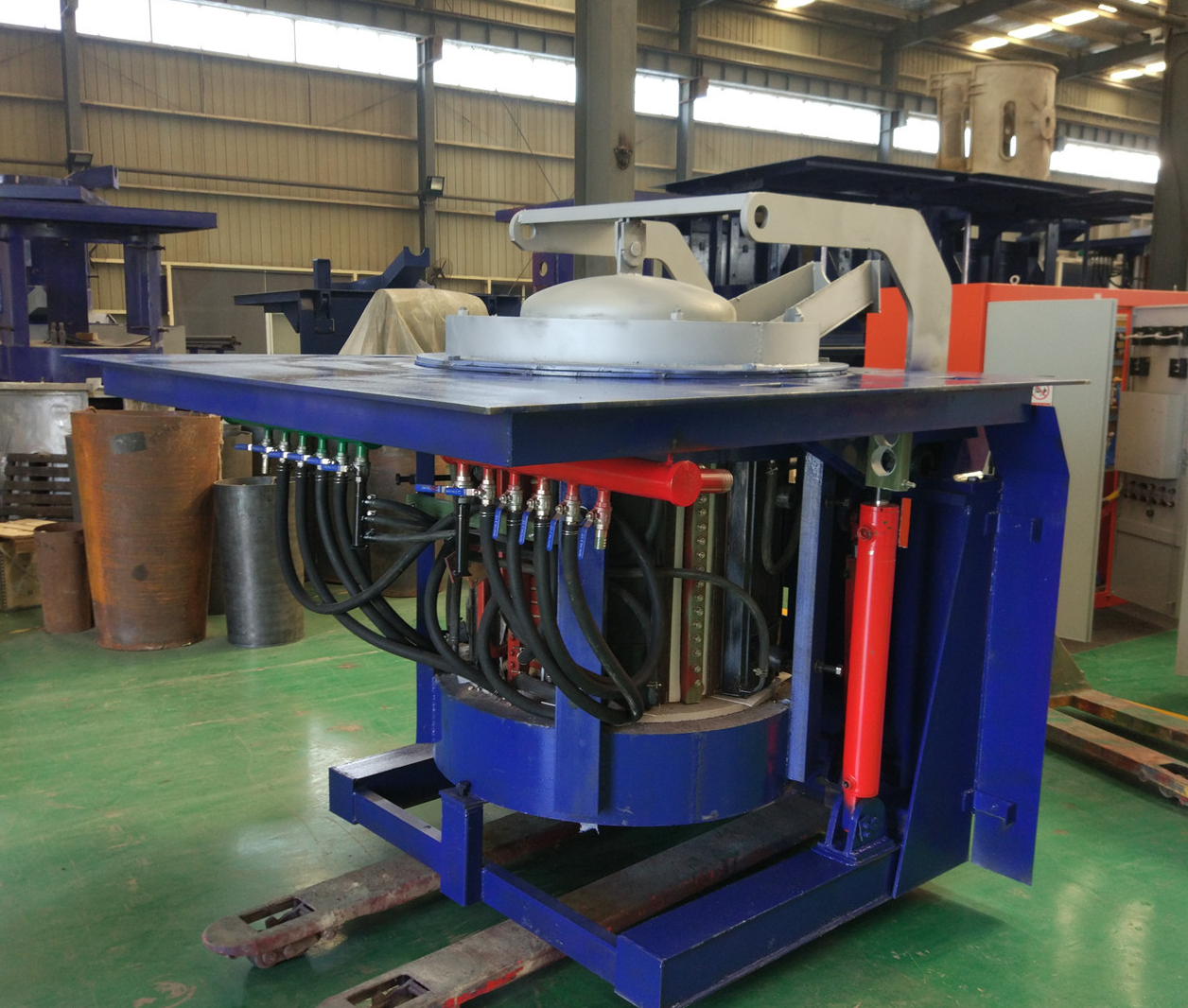
Iron induction furnace
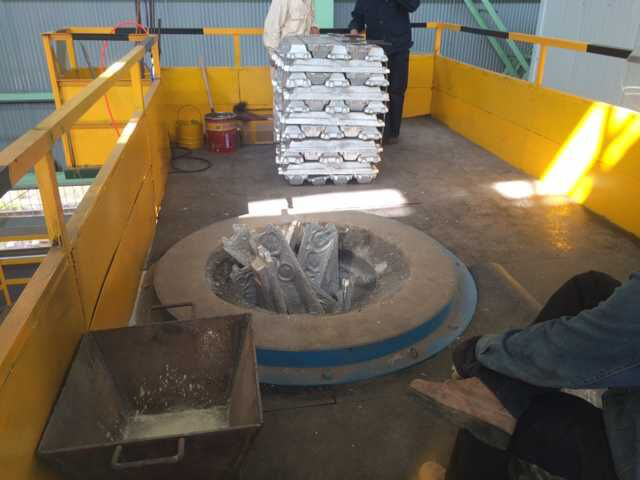
Aluminum melting furnace
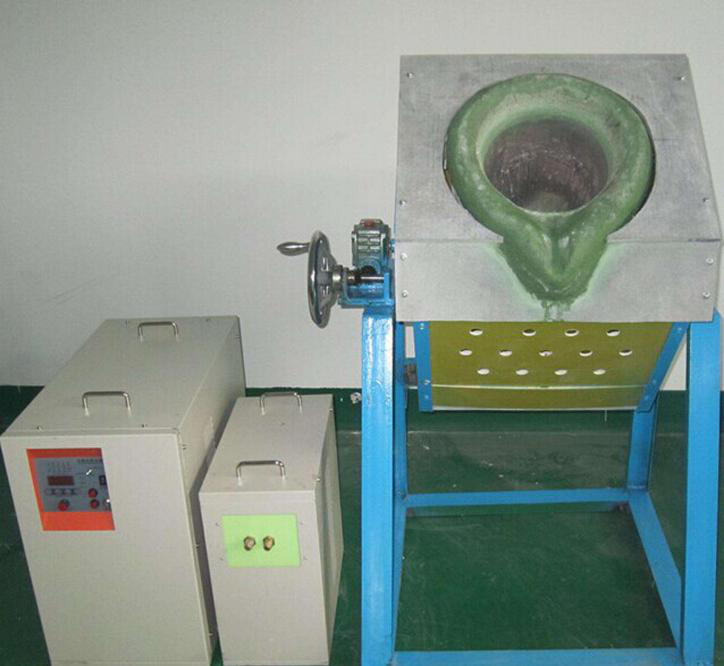
Copper melting furnace
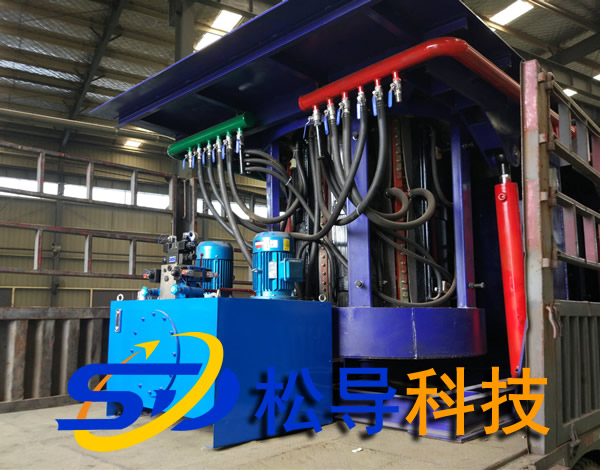
Small steel melting furnace
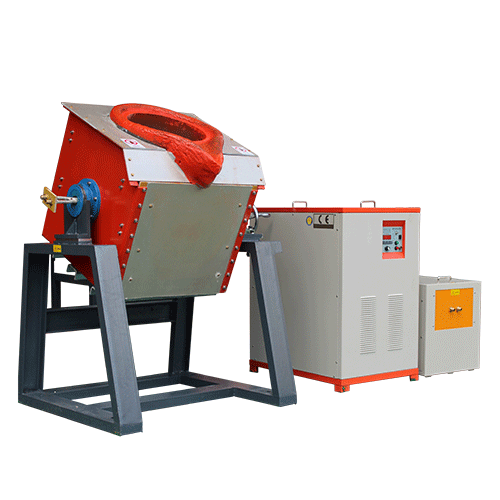
Small induction melting furnace
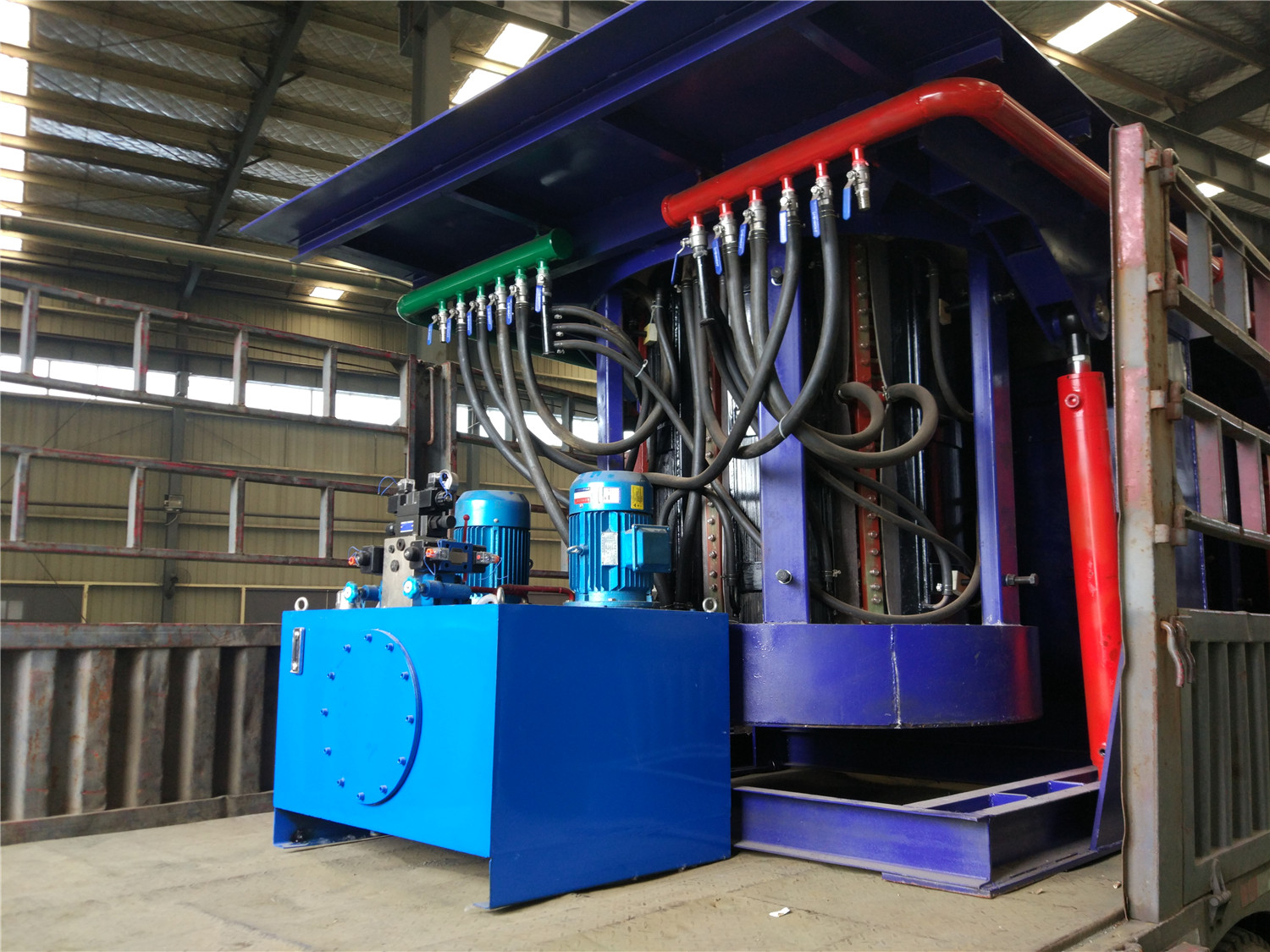
Induction iron furnace
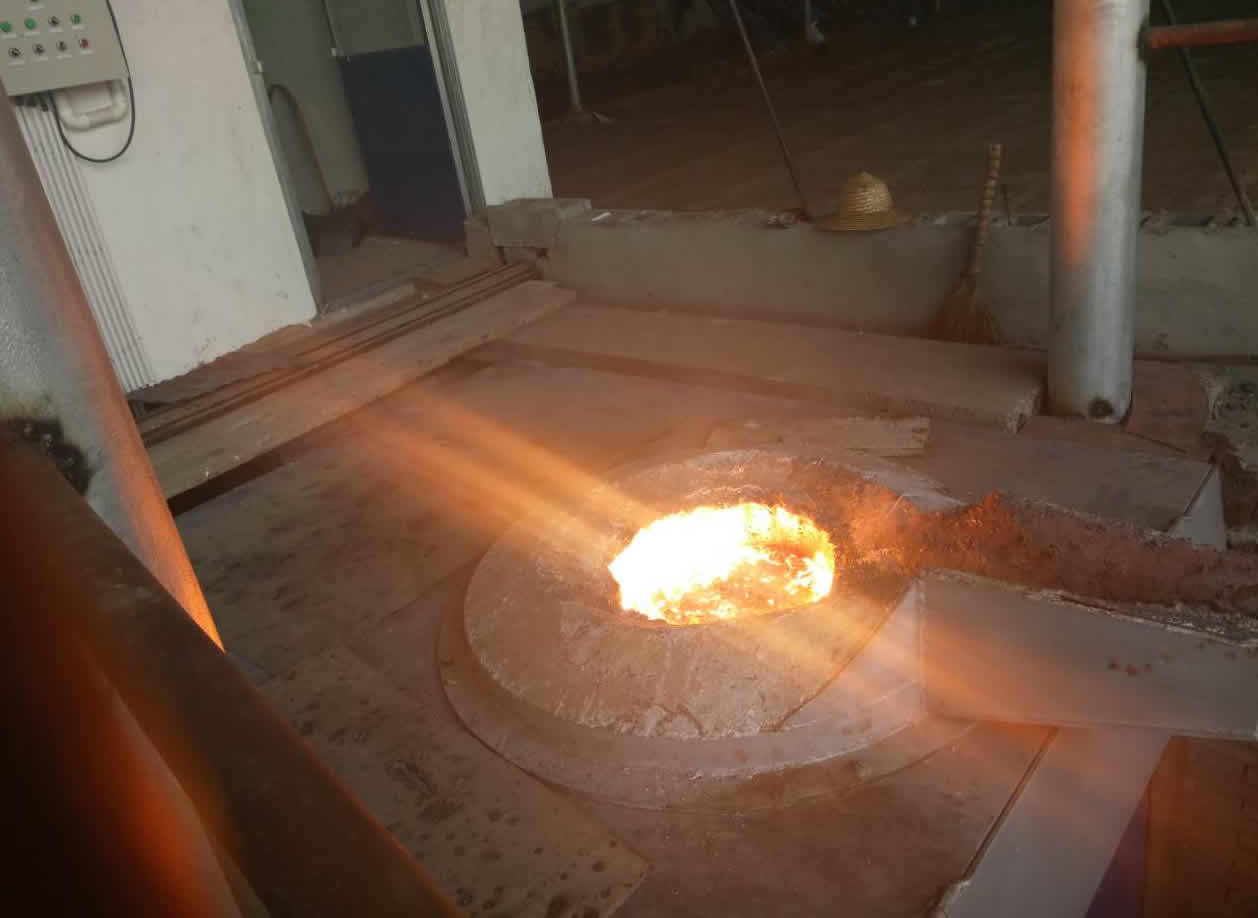
3T intermediate frequency iron melting f
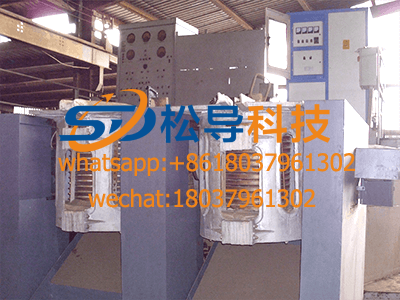
0.25T Intermediate Frequency Furnace
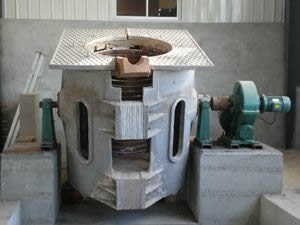
0.5T Intermediate Frequency Furnace
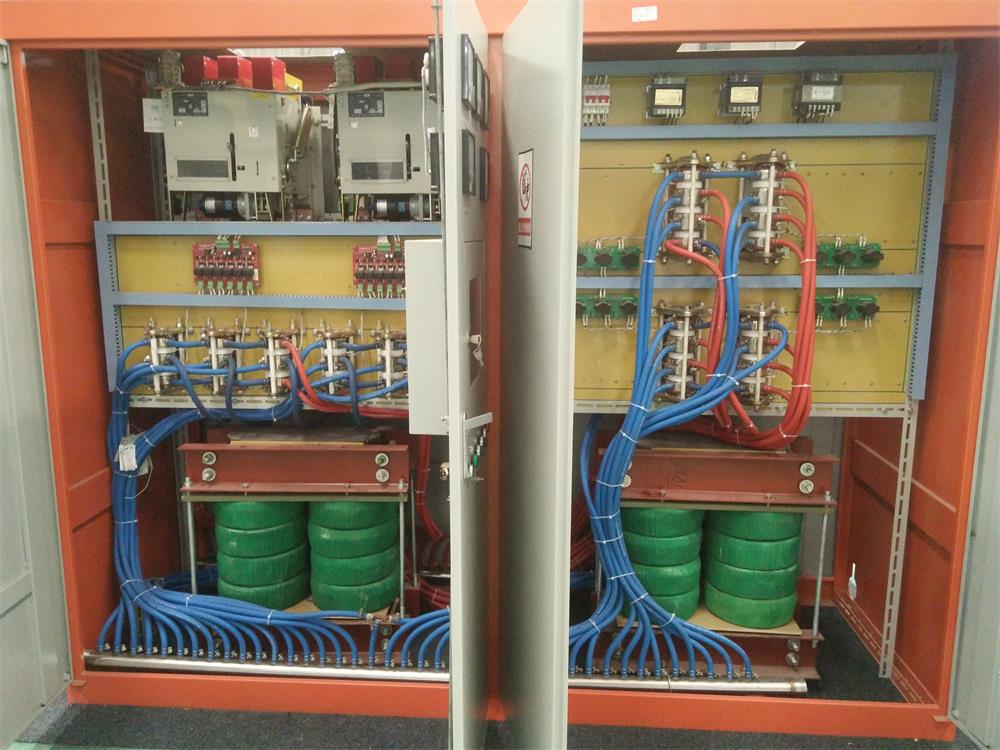
Medium Frequency Furnace

2T Induction Melting Furnace
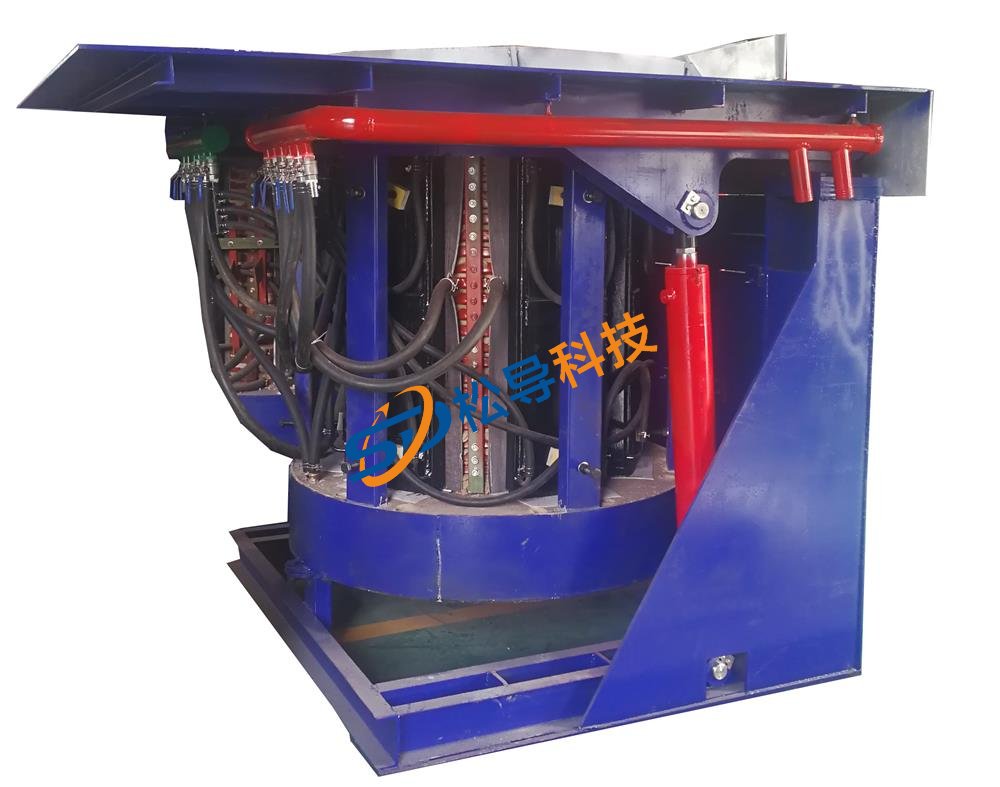
1T Induction Melting Furnace
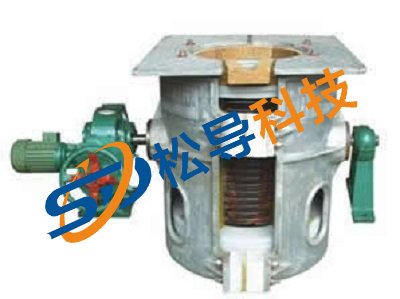
500kg Induction Melting Furnace
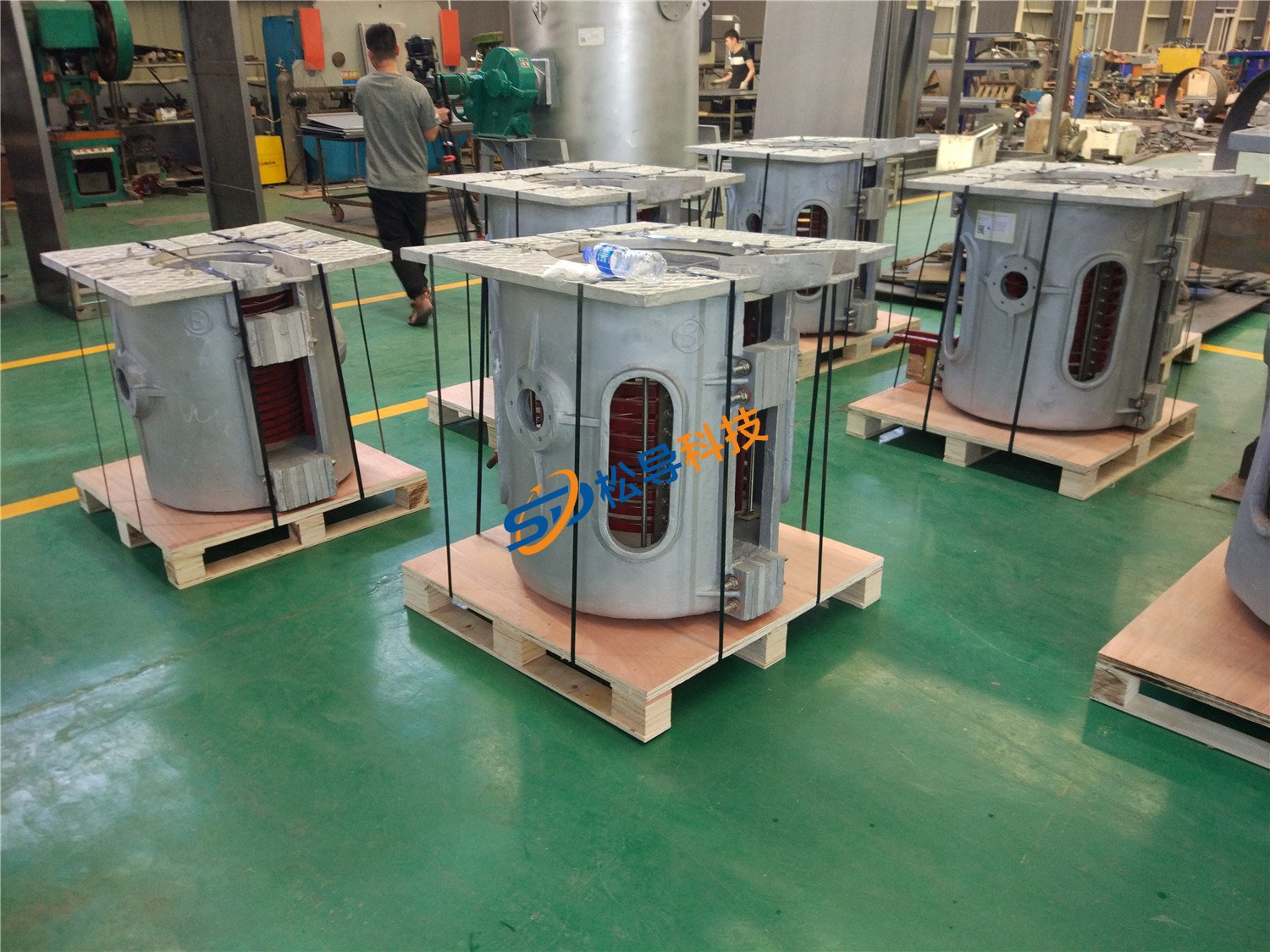
250kg Induction Melting Furnace
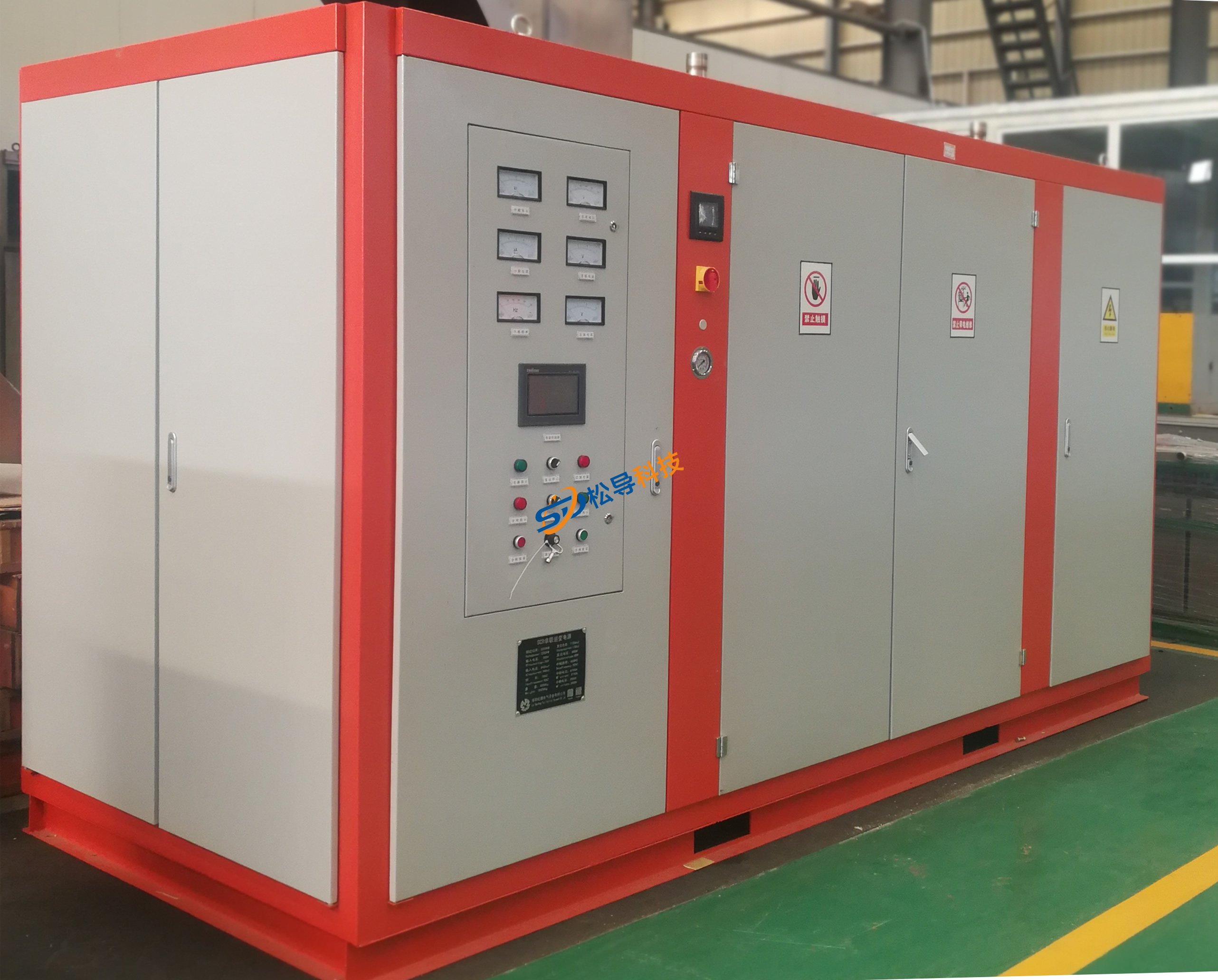
Induction Melting Furnace
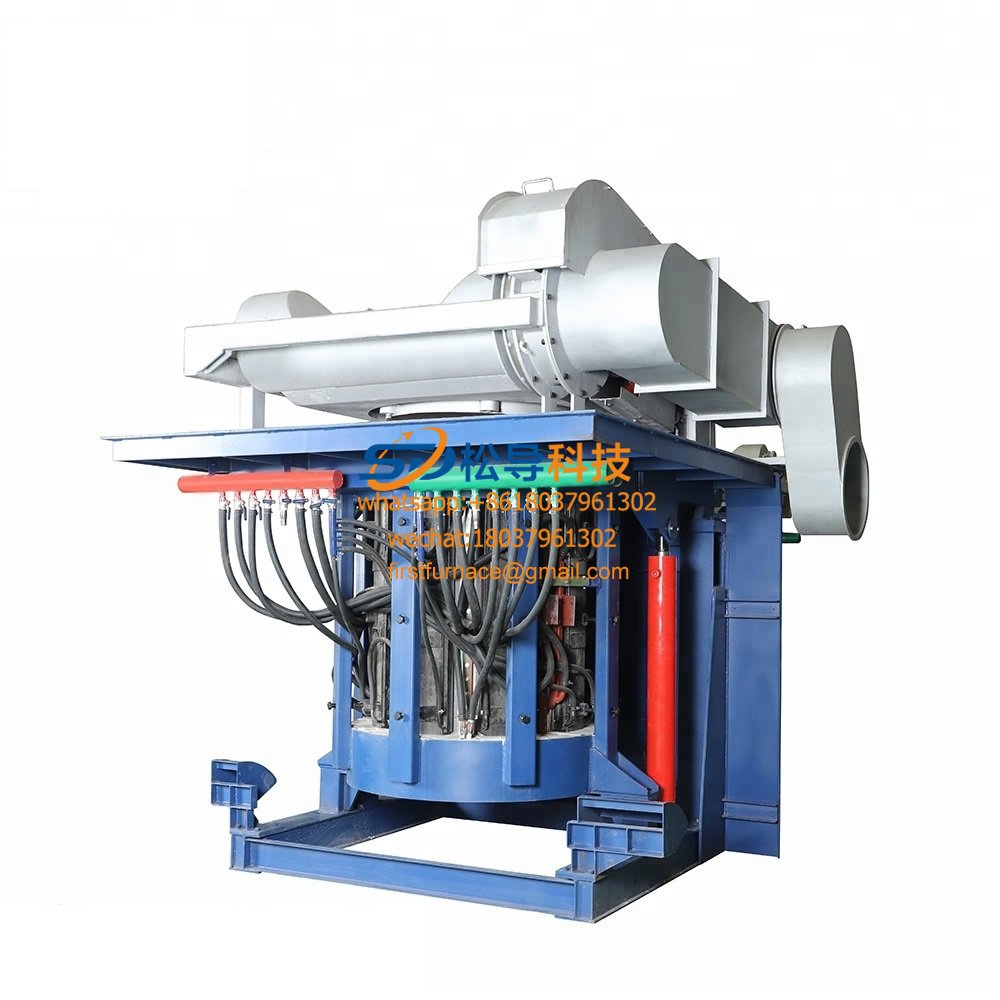
3 T Induction Melting Furnace
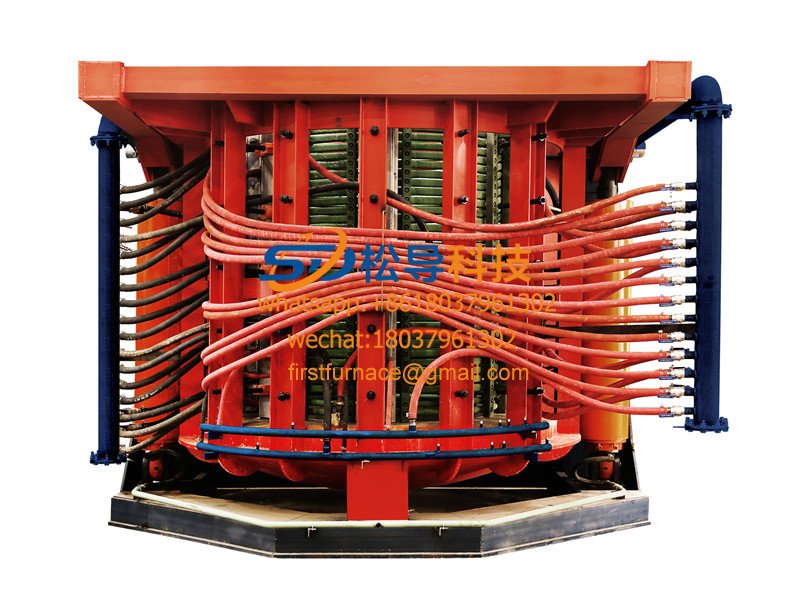
5T Induction Melting Furnace
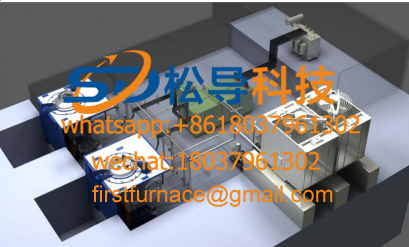
1T One Belt Two Intermediate Frequency F

5T One Belt Two Intermediate Frequency F
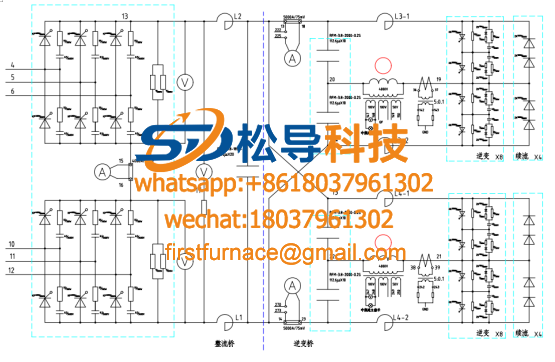
3T One Belt Two Intermediate Frequency F
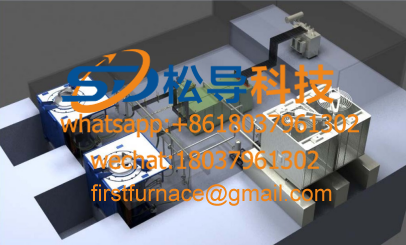
2T One Belt Two Intermediate Frequency F
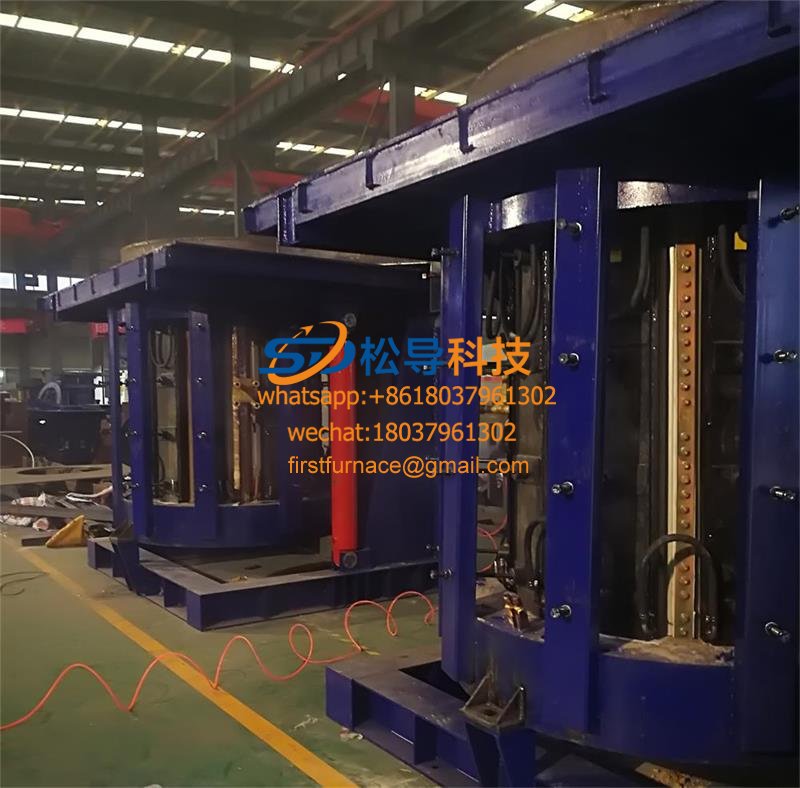
5T Parallel Intermediate Frequency Furna
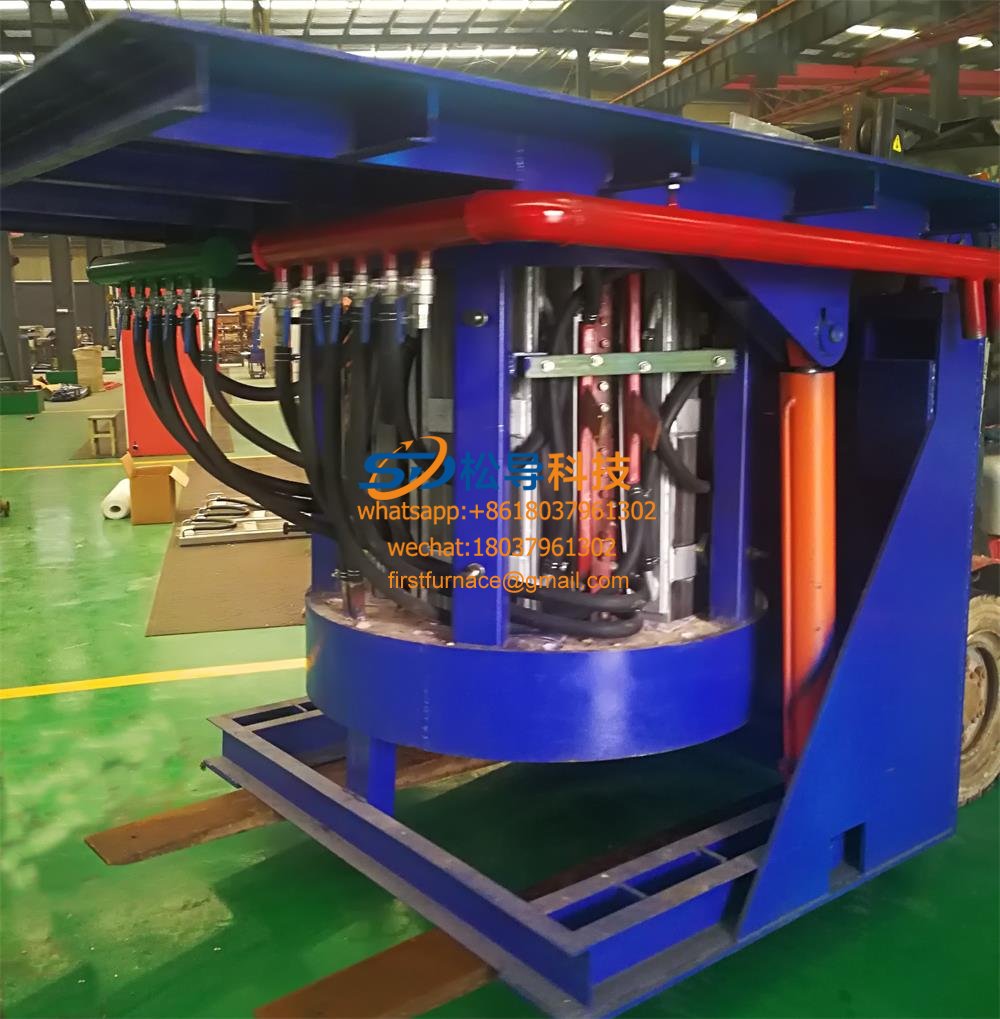
5T Intermediate Frequency Furnace

5T Series Intermediate Frequency Furnace
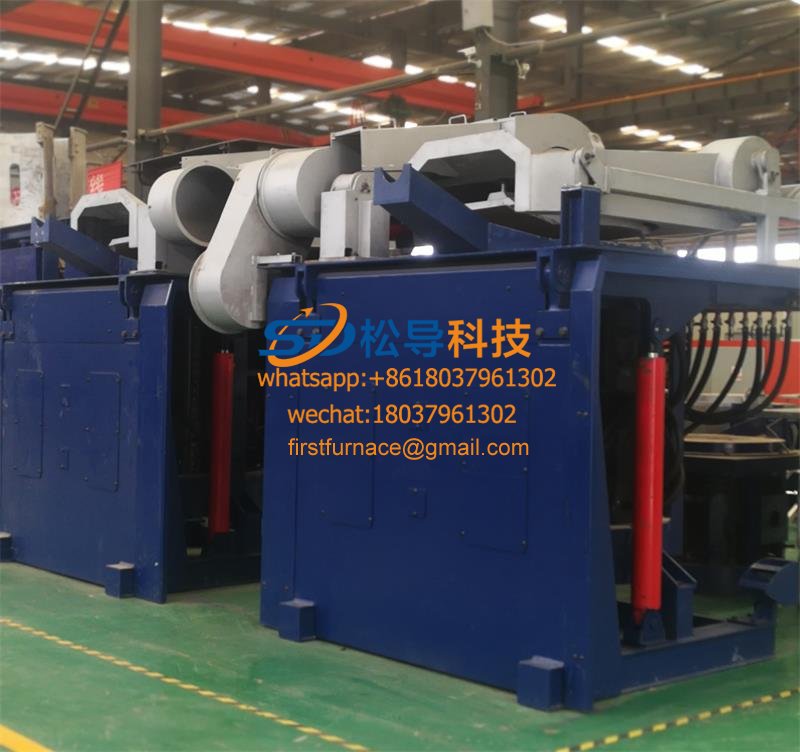
3T Series Intermediate Frequency Furnace
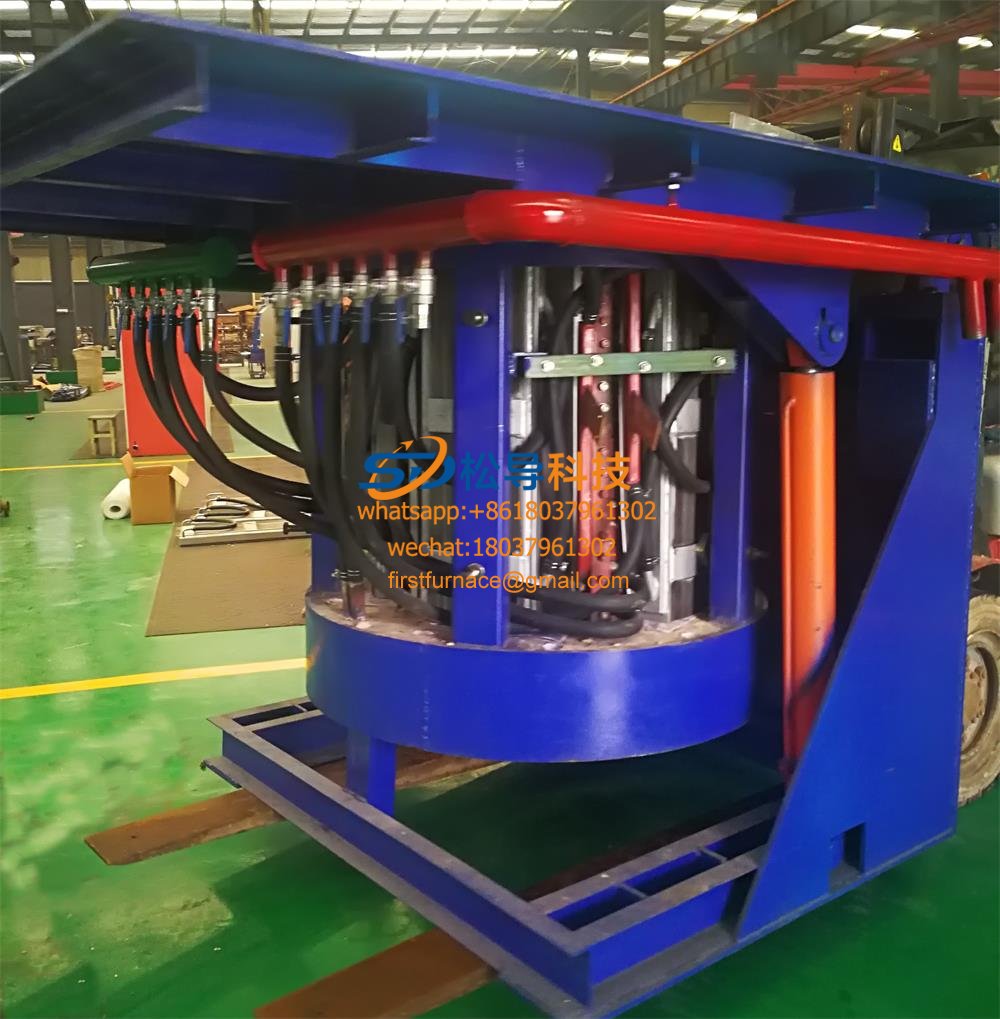
2T Series Intermediate Frequency Furnace
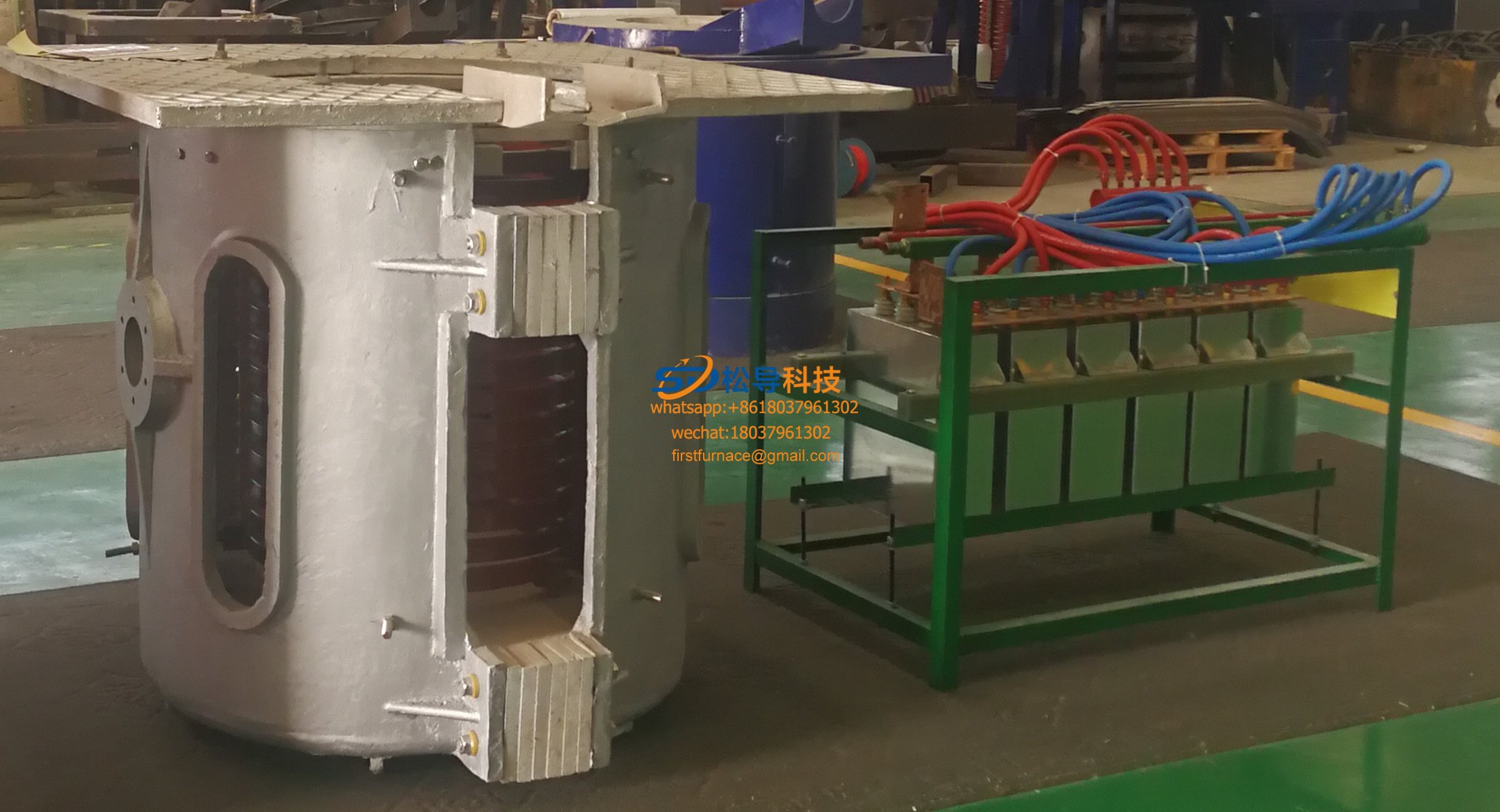
1T Series Intermediate Frequency Furnace
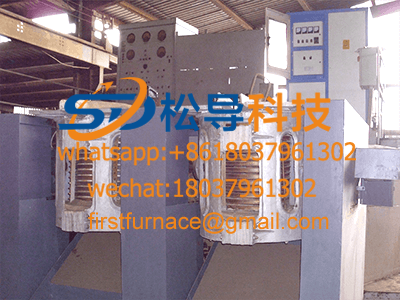
0.5T Series Intermediate Frequency Furna

0.25T Series Intermediate Frequency Furn
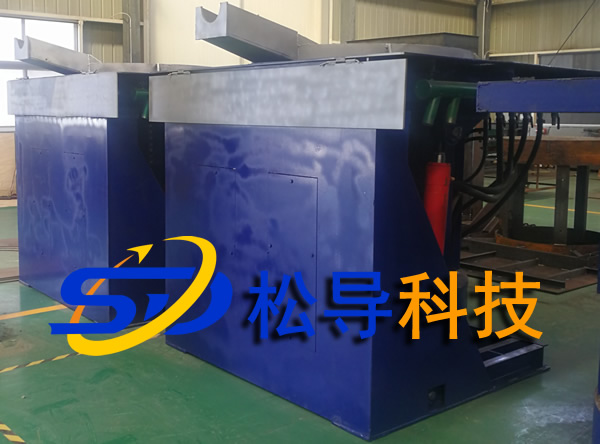
1T Parallel Intermediate Frequency Furna
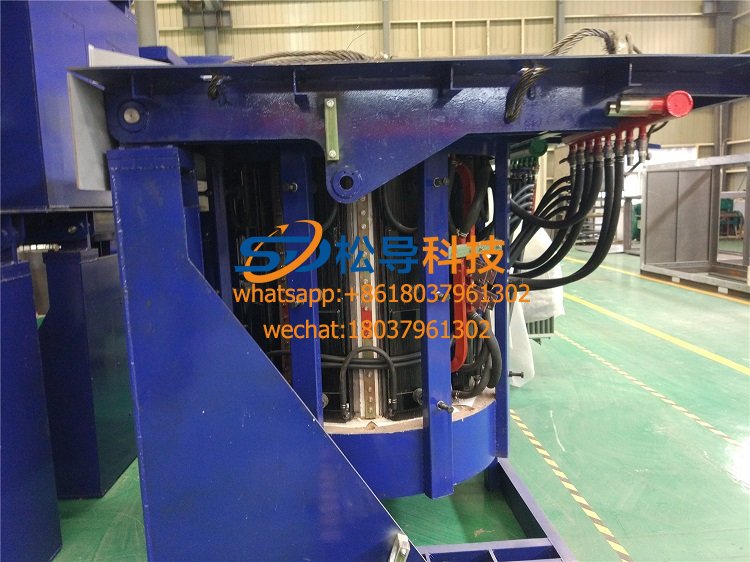
2T Parallel Intermediate Frequency Furna
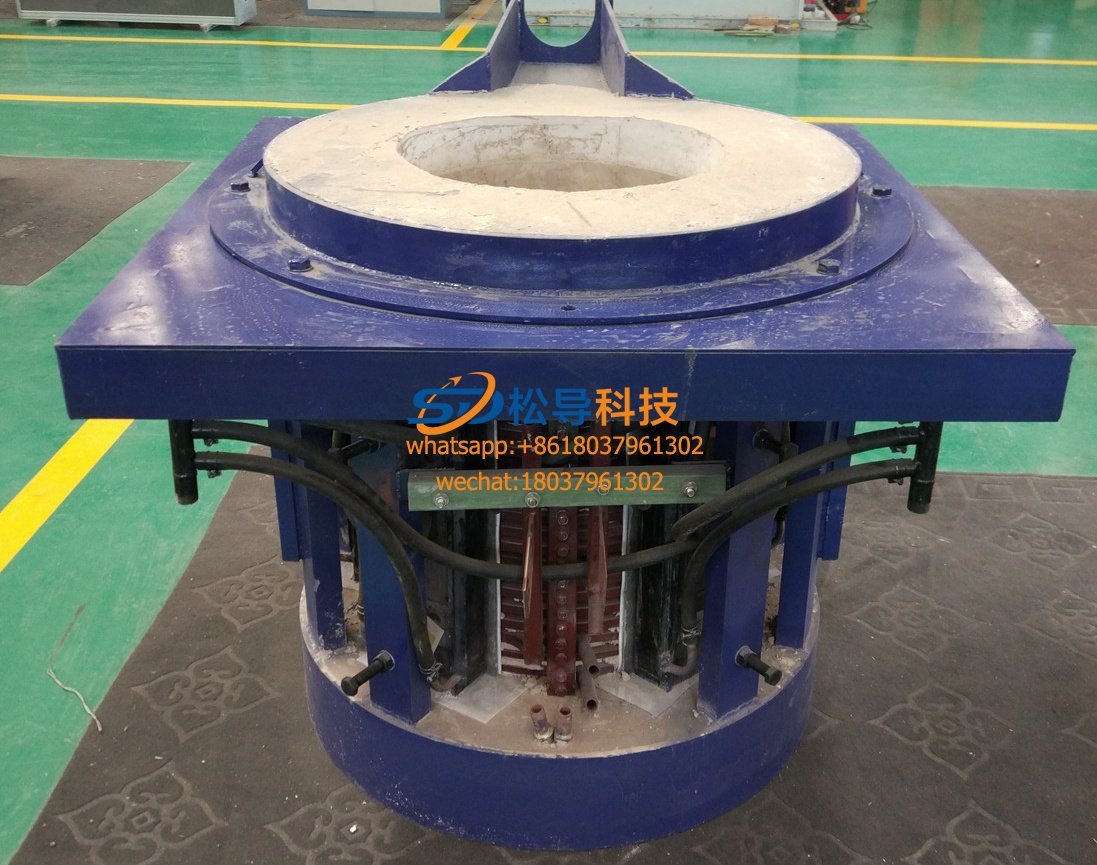
0.5T Parallel Intermediate Frequency Fur






